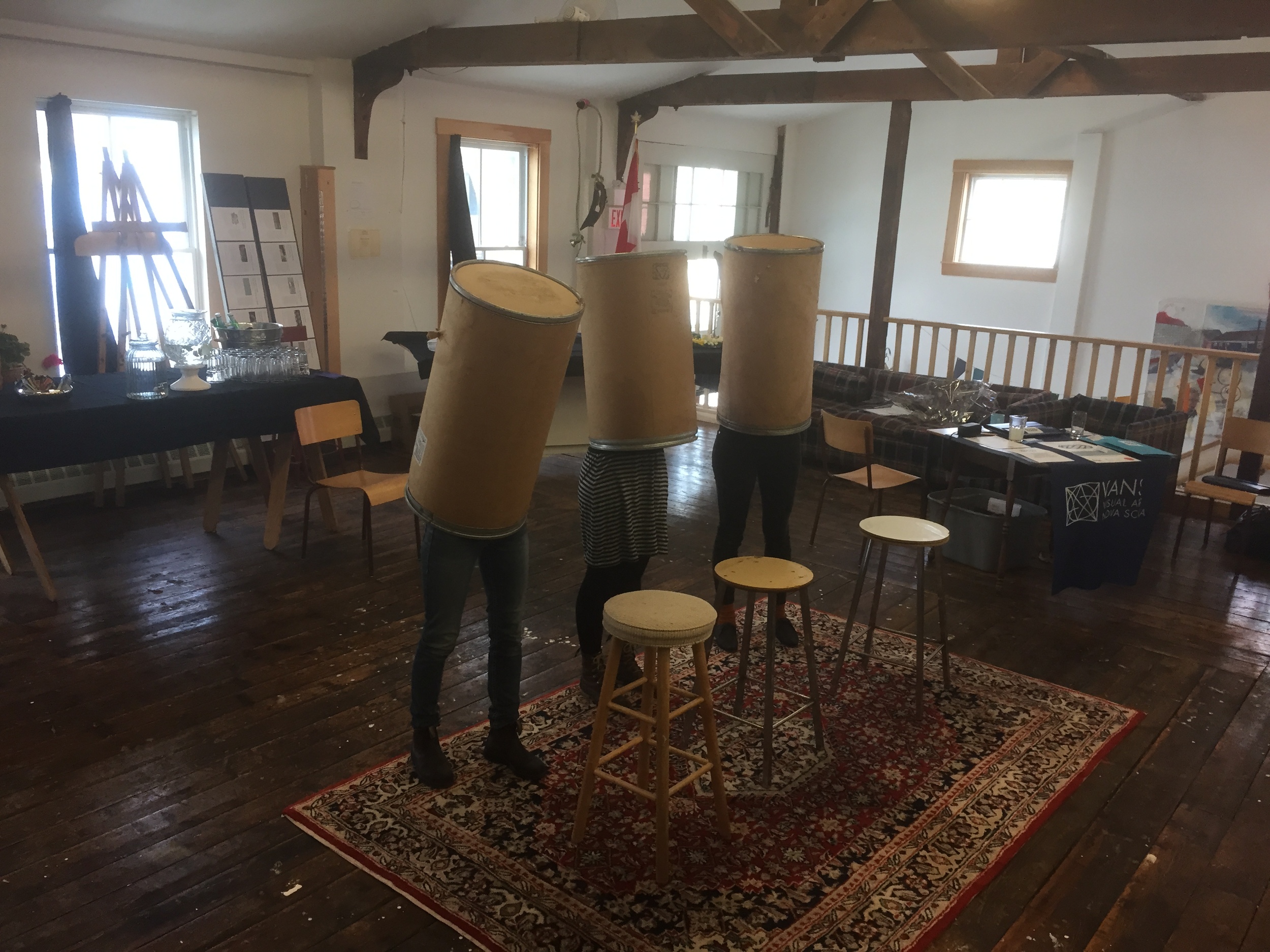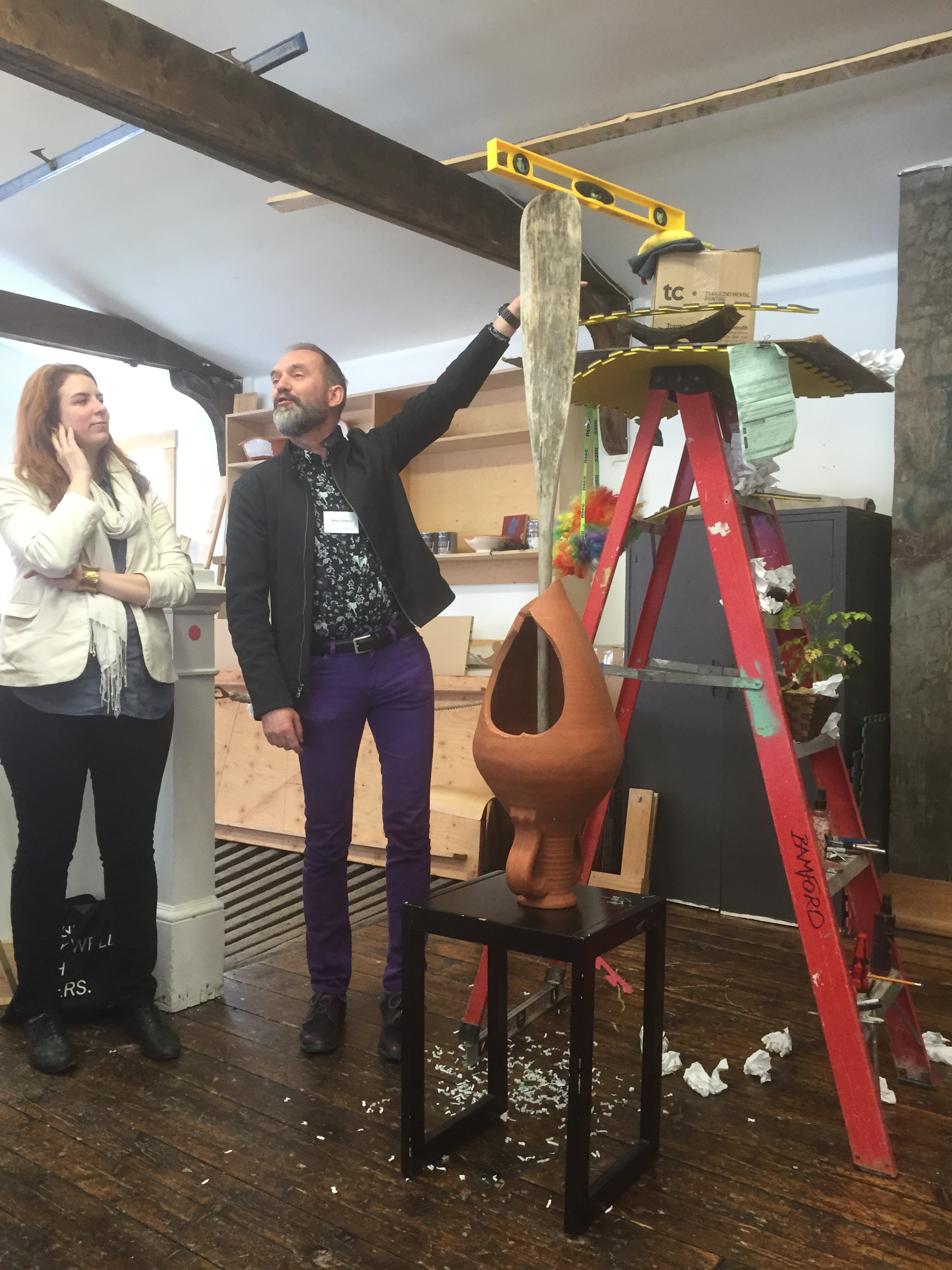How can we build an alternative economy from the grassroots up? How can our dreams of collective power and mutual aid flourish into the reality of new cooperatives and shared initiatives? How can the spirit of the commons, shared resources that we care for and that nourish us all, live in the present day? How can we develop ecologically sustainable, community-driven, democratically governed and restorative and resilient initiatives that empower us and can stand the test of time?
Create your own collective initiative, commons or cooperative enterprise
Learn about the construction of a real sharing economy
Stay connected with a learning community of like-minded anti-capitalist doers
Join a reading group on these issues
Attend monthly workshops from guest experts!
From community gardens to free schools to workers’ and housing cooperatives to start-ups to informal support networks, we are seeing a turn away from an economy of competition and towards an economy of relationships. Refusing the idea that anything that is valuable can and should be measured by money, people around the world are assembling to build a better future now.
This 12 week course gathers a group of committed learners to tackle these questions, grow our skills to manage cooperatives and to spark pilot projects that enliven our community with the ethics and values of the commons. During our weekly meetings we’ll discuss assigned readings that focus on ideas and examples for building a new world of cooperatives and commons in the ruins of an environmentally destructive capitalist empire. Additionally, we’ll convene monthly for one-day masterclasses presented by guest experts. Enrolled co-learners also commit to developing a research/action project to be presented to the group near the end of the course.
Venture Commons* is imagined as the first stage in the development of a radically different form of community-centred “entrepreneurship.” Where the forces of profit and power have their MBA (Masters of Business Administration) degree, we want to craft a form of collective educational care that graduates passionate and courageous people ready to help build a cooperative, common future for all.
While there is a nominal administrative fee associated with this course, no interested participant will be turned away for lack of funds. The initiative is based on the principles of critical pedagogy and community-empowering learners: the facilitator is not a teacher but rather tasked with helping the co-learners reach their individual and collective goals.
*We’re adapting the term “Venture Commons” from Dmytri Kleiner, who came up with the term “venture Communism”. http://www.dmytri.info
venturecommons.ca














